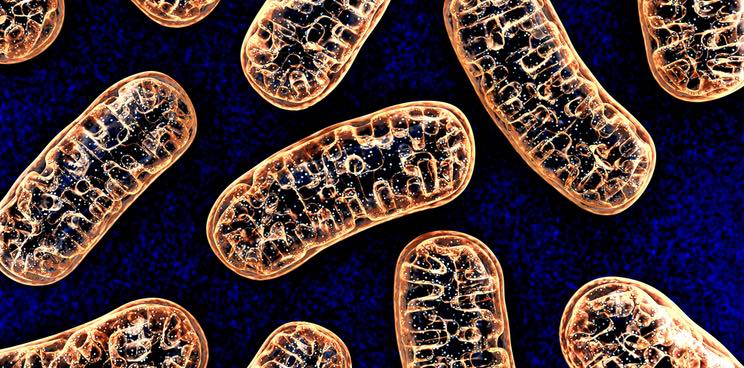Newsletter Signup - Under Article / In Page
"*" indicates required fields
Japanese pharma giant Astellas has acquired the UK biotech Nanna Therapeutics for up to €80M (£69.5M) in a deal to boost the development of drugs for unspecified age-related conditions and mitochondrial diseases.
Through the acquisition, Astellas gains access to Nanna’s drug discovery technology, which focuses on drugs that target the mitochondria, the energy-producing machinery in human cells. In addition to €14M (£12M) paid upfront, Nanna’s shareholders stand to receive up to €66M (£57.5) in development milestone payments.
Nanna Therapeutics was founded in Cambridge in 2012 with the aim to improve mitochondrial function in order to treat age-related diseases such as Alzheimer’s disease and cancer. It is also developing a treatment for a genetic syndrome called mitochondrial encephalopathy, lactic acidosis, and stroke-like episodes, or MELAS. This is a progressive disease affecting an estimated one in 8,000 people in the UK, and causes a variety of symptoms including seizures and strokes.
“We are focused on developing innovative modulators of mitochondria. This critical organelle, the center of energy production and signaling in almost every cell, is implicated in numerous human diseases,” said the CEO of Nanna Therapeutics, David Williams, in a public statement. Nanna Therapeutics was not available for further comments.
According to Astellas, Nanna’s microfluidics-based drug discovery technology was a big attraction. With the high-throughput platform, Nanna can generate, screen, and acquire data on billions of small molecules in parallel, producing drug candidates in a matter of months rather than the years it typically takes. Furthermore, it’s possible to test the drugs on patient-derived cells with the technology, which could open the way for a personalized approach.
Faulty mitochondria are seen as one of the central hallmarks of the aging process, and are one of the targets for companies developing drugs that promote healthy aging. For this reason, Nanna is one of several companies developing treatments for both rare mitochondrial conditions such as MELAS and also age-related conditions.
Another such company is the UK biotech Shift Bioscience, whose preclinical-stage drugs for MELAS are designed to force mitochondria to compete with each other, ensuring that only the healthiest survive and power the cell. The Dutch company Khondrion — which joined an aging research consortium in January — is also developing its own drugs for MELAS and began phase IIb trials earlier this year.
“Although rare, classical MELAS syndrome … is one of the most common mitochondrial diseases,” Jan Smeitink, CEO of Khondrion, told me.
Nanna Therapeutics isn’t the first acquisition that Astellas has made in the mitochondrial disease space. In 2017, the giant acquired the US biotech Mitobridge for around €150M and is running two drug programs with it: one is in phase I for the treatment of the genetic muscle-wasting condition Duchenne Muscular Dystrophy, and another is in phase II for the treatment of acute kidney injury.
Image from Shutterstock






